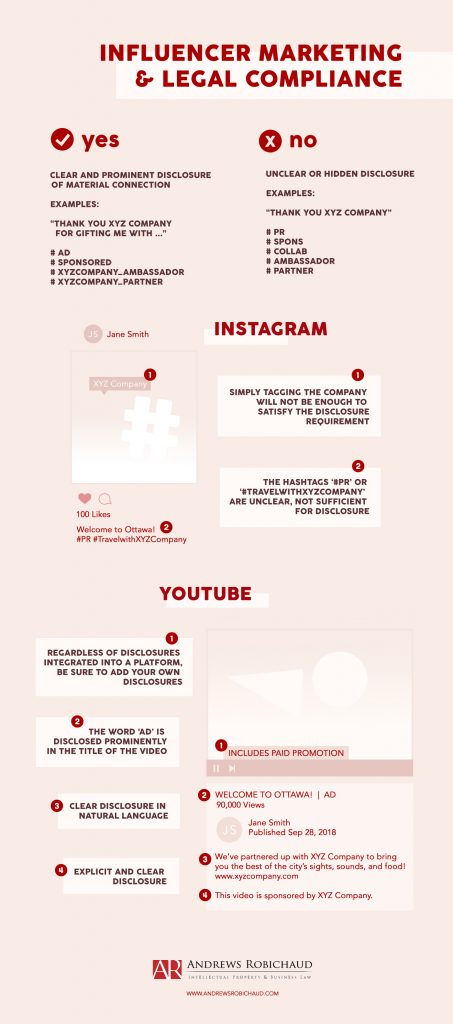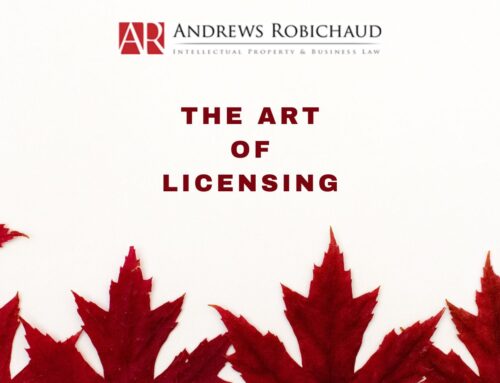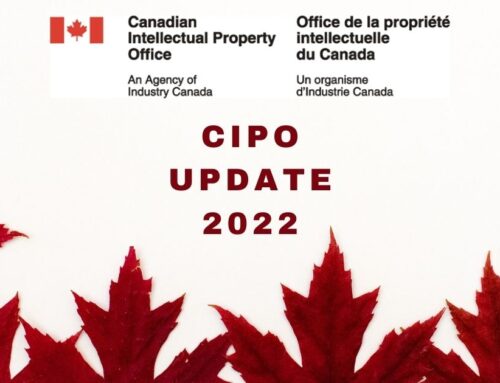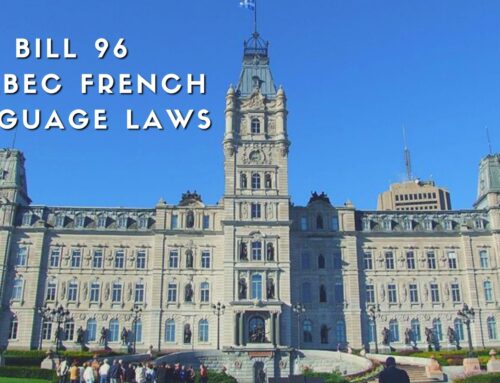Celebrity endorsements and testimonials have long dominated in advertising campaigns, and for good reason. Celebrities provide a familiar face and an enviable lifestyle, whereas testimonials lend greater credibility to a product or brand. In the last decade however, there has been a marked shift in this advertising model, one which places ‘influencers’ at the forefront of such marketing campaigns.
Influencers, as the name suggests, are individuals that hold considerable social clout, primarily on social media platforms, blogs, or other digital publications. An influencer is not strictly defined by the number of followers or readers, but also determined by a person’s ability to cultivate an active, engaged, and niche audience. Influencer marketing, where companies work together with influencers to market their product, effectively harnesses the ‘familiar face and enviable lifestyle’ power of celebrity endorsements, while maintaining the approachable, credible aspect of testimonials –otherwise put, it’s marketing gold.
Amidst the influx of influencer marketing initiatives, there are growing concerns relating to the oft ignored legal implications. In Canada, the Competition Bureau governs the enforcement of the Competition Act, a federal law that aims to prevent deceptive marketing and other anti-competitive practices.
The Competition Act applies to influencer marketing in the same way it applies to any traditional form of marketing. Influencers cannot create misleading content and are required to disclose material connections – the influencer’s relationship with a brand that could potentially impact the consumer’s view of the influencer’s credibility. Equally, advertisers or brands must ensure that influencers are disclosing material connections and that representations are not false or misleading. The responsibility lies in both the influencer and the the advertiser to comply with the applicable rules and guidelines.
In addition to the Competition Bureau, Ad Standards, a self-regulatory body for the Canadian advertising industry, provides extensive insight into influencer marketing practices. The ’Influencer Marketing Disclosure Guideline’, first published in the spring of 2018, offers a roadmap for influencers and advertisers to ensure that their practices are in compliance.
For influencers looking to host giveaways or contests, there are some added legal considerations. In Canada, a game based on sheer luck (e.g. random draw) is deemed an illegal lottery and is prohibited under the Criminal Code. This is why contests in Canada will often require entrants to answer a skill-testing question; in fulfilling a mathematical equation for example, the game is no longer based on chance, but becomes a legal game of mixed skill and chance.
The Criminal Code also dictates that where prizes are awarded in games of chance, or games of mixed skill and chance, it is an illegal lottery to require entrants to pay (in the form of money or other consideration – ‘consideration’ is where an entrant surrenders something of value or where some action of value is made). In the context of influencers, requiring people to follow, like, or subscribe could fall under ‘consideration’, as there is value to a following or number of likes. To err on the side of caution, an alternative, “no purchase necessary” entry method is often added, where entries can be mailed to an address if an entrant does not wish to pay (subscribe, like, or watch a video etc.).
As Quebec adheres to additional contest rules (Quebec’s Act Respecting Lotteries, Publicity, Contests and Amusement Machines) be wary of all requirements when including Quebec residents in a contest. And lastly, remember that rules specific to the platform on which you host the contest will also need to be met (e.g. Youtube’s Contest Policies and Guidelines, Instagram’s Promotion Guidelines).








Leave A Comment